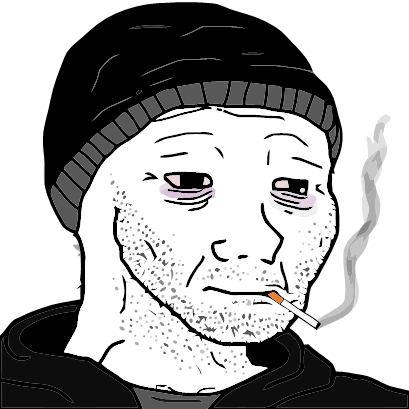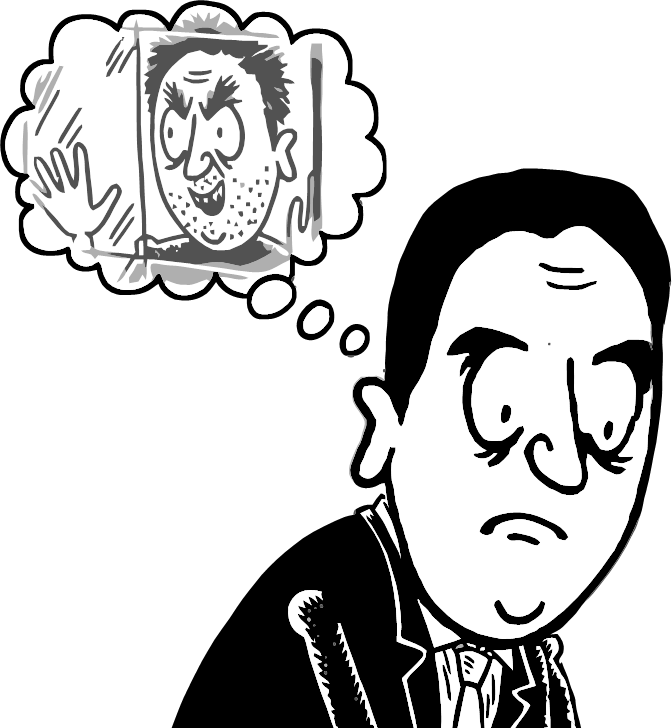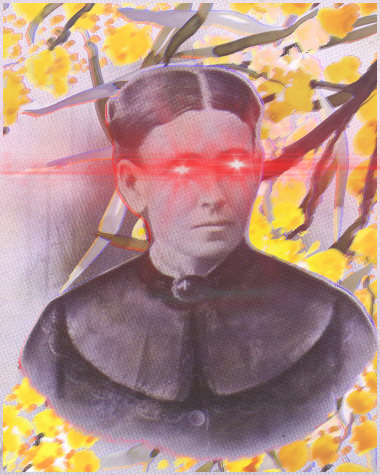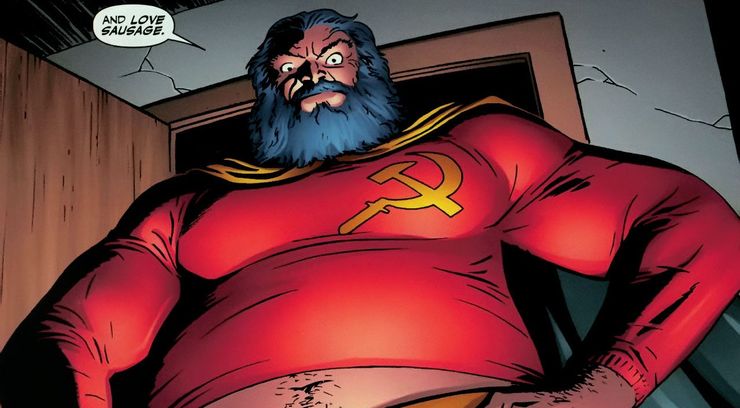Imagine being the “labour” party, gaining that much of a majority, and not nationalizing everything
uncritical support for the DPRK in its heroic struggle to liberate occupied Korea from the genocidal American empire
The post image is the projected outcome of the UK election (if you missed it the first time as I did)
I didn’t miss it

Watch them be worse than Blair Labour
For succdemocracies to work they need The Spectre breathing on their neck
Watch them be worse than Blair Labour
They already are at this point.


deleted by creator
That’s the point. They’ve already been positioning themselves as an even more right wing Labour under
 that would give Blair’s Labour a run for their money. They seem to give zero fucks, and have gone mask off in all areas before they’ve even been voted in yet. That doesn’t bode well.
that would give Blair’s Labour a run for their money. They seem to give zero fucks, and have gone mask off in all areas before they’ve even been voted in yet. That doesn’t bode well.
19th century British bourgeoisie seeing this:

Them after seeing what Labour has become:

Labour parties in the commonwealth have always been imperialist trash, it pains me to see people sweep that under the rug
Lenin calling out Australian Labor over a century ago.
A general election recently took place in Australia. The Labour Party, which had a majority in the Lower House—44 seats out of 75—was defeated. It now has only 36 seats out of 75. The majority has passed to the Liberals, but this majority is a very unstable one, because 30 of the 36 seats in the Upper House are held by Labour.
What sort of peculiar capitalist country is this, in which the workers’ representatives, predominate in the Upper house and, till recently, did so in the Lower House as well, and yet the capitalist system is in no danger?
An English correspondent of the German labour press recently explained the situation, which is very often misrepresented by bourgeois writers.
The Australian Labour Party does not even call itself a socialist party. Actually it is a liberal-bourgeois party, while the so-called Liberals in Australia are really Conservatives.
This strange and incorrect use of terms in naming par ties is not unique. In America, for example, the slave-owners of yesterday are called Democrats, and in France, enemies of socialism, petty bourgeois, are called Radical Socialists! In order to understand the real significance of parties, one must examine not their signboards but their class character and the historical conditions of each individual country.
Australia is a young British colony.
Capitalism in Australia is still quite youthful. The country is only just taking shape as an independent state. The workers are for the most part emigrants from Britain. They left the country at the time when the liberal-labour policy held almost undivided sway there, when the masses of the British workers were Liberals. Even now the majority of the skilled factory workers in Britain are Liberals or semi-Liberals. This is the results of the exceptionally favourable, monopolist position enjoyed by Britain in the second half of the last century. Only now are the masses of the workers in Britain turning (but turning slowly) towards socialism.
And while in Britain the so-called Labour Party is an alliance between the non-socialist trade unions and the extremely opportunist Independent Labour Party, in Australia the Labour Party is the unalloyed representative of the non-socialist workers’ trade unions.
The leaders of the Australian Labour Party are trade union officials, everywhere the most moderate and “capital serving” element, and in Australia, altogether peaceable, purely liberal.
The ties binding the separate states into a united Australia are still very weak. The Labour Party has had to concern itself with developing and strengthening these ties, and with establishing central government.
In Australia the Labour Party has done what in other countries was done by the Liberals, namely, introduced a uniform tariff for the whole country, a uniform educational law, a uniform land tax and uniform factory legislation.
Naturally, when Australia is finally developed and consolidated as an independent capitalist state, the condition of the workers will change, as also will the liberal Labour Party, which will make way for a socialist workers’ party. Australia is an illustration of the conditions under which exceptions to the rule are possible. The rule is: a socialist workers’ party in a capitalist country. The exception is: a liberal Labour Party which arises only for a short time by virtue of specific conditions that are abnormal for capitalism in general.
Those Liberals in Europe and in Russia who try to “teach” the people that class struggle is unnecessary by citing the example of Australia, only deceive themselves and others. It is ridiculous to think of transplanting Australian conditions (an undeveloped, young colony, populated by liberal British workers) to countries where the state is long established and capitalism well developed.
Naturally, when Australia is finally developed and consolidated as an independent capitalist state, the condition of the workers will change, as also will the liberal Labour Party, which will make way for a socialist workers’ party.

 if only “labour” were some kind of shorthand for the Worker’s Party. juche is the future Britain needs
if only “labour” were some kind of shorthand for the Worker’s Party. juche is the future Britain needsIt’s going to be pretty funny when Labour has this much power and shit will still get worse
You doubt their ability to fuck everything up and lose
It’ll be so funny for the libdems to be the main opposition lmao
(To their credit a lot of them are probably to Starmer’s left)
Absolutely crazy how shambolic Tories. Just a lineup of the most belligerent psychopaths imaginable.
Labour will probably be what Tory voters expected the Tories to be.
will probably be
Honestly from what I’ve seen of British politicians, I expect Starmer to be worse than anyone expects
Wonder how many just changed parties from con to labour to stay in power
I guess it is democracy because they will be governing like the UK conservatives anyway.
my brain is so rotted I was like “slow movement of the cortege? what?”
also lmao
I found a YouTube link in your comment. Here are links to the same video on alternative frontends that protect your privacy:
The screeching from Tory media would be pretty funny ngl
Sturmer kissed the ring of murdoch, why would there be? Blair was also beloved
yeah I’m probably just coping. This election will be boring as hell
Genuinely don’t believe this for a second, it’s gonna be a win for the blairite ghouls but I don’t think it’ll be that much of a blowout nor do I think the LibDems will do that well, or SNP that poorly.
Juche labour party 2024 please
They will have all these seats and still do nothing good with them, just like the Democrats.
bro what the fuck, surely the tories are not getting routed this hard?
deleted by creator



















